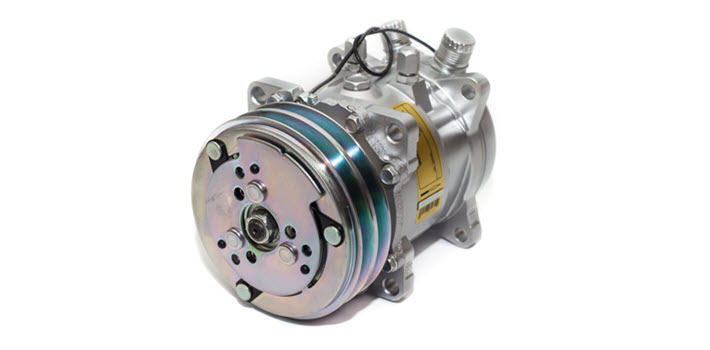The future is now – and the automotive industry is growing rapidly. Did you know that the industry in the United States had a turnover of $499.3 billion in 2016? For more information and insight, visit Automotive Industry in the United States 2025
Introduction
The automotive industry in the United States experienced a sharp drop in demand amid the outbreak of COVID-19: in March 2020, U.S. vehicle sales were down 38 percent year-on-year. When stay-at-home orders were released, light vehicle sales bounced back to reach some 14.5 million units. Light vehicle demand fell 63 percent from 1999 to 2018 and represents 30 percent of the U.S. auto market (compared with 36 percent for average of all other major makes).
The automotive industry
The automotive industry in the United States has been facing steep decline since the beginning of the COVID-19 epidemic, as sales have been declining by about 38 percent year on year. And when stay at home orders are released, light vehicle sales bounced back to reach some 14.5 million units during the week of March 9th 2020, which is an improvement from 11.3 million units a week ago on February 26th 2019 and an improvement from 13.8 million units a week ago on January 3rd 2019!
Car sales
The automotive industry in the United States experienced a sharp drop in demand amid the outbreak of COVID-19: in March 2020, U.S. vehicle sales were down 38 percent year-on-year. When stay-at-home orders were released, light vehicle sales bounced back to reach some 14.5 million units. Light vehicle sales accounted for 22 percent of total U.S. auto sales in March 2020 (up 3 percent over February), and accounted for 43 percent of light trucks sold.
Car sales recovered to the level of February’s 14 million units, but remained well below the peak of 13 million units reached in May 2018 (when nearly 1 million vehicles were sold). Light truck and SUV sales fell by nearly 11 percent from February and more than 8 percent from a year earlier (6 million units).
During that same time period, light vehicle demand was flat: there were no gains in light truck or SUV sales compared with February 2019, despite the surge in overall car demand.
In contrast to this decrease, U.S. auto market share rose by 2 percentage points to reach its highest level since May 2018 (when it was 42 percent).
U.S.-based automakers saw their market share rise as a result of strong growth across North America and Europe (+2 percentage points) – led by strong growth on imported cars (+17 percentage points), particularly China (+13 percentage points) and Mexico (+7 percentage points). China led all markets with 31 percent market share (+3 percentage point), followed by Mexico (+2 percentage point) and the United States (+1 percentage point). The top 5 markets accounted for 81% (China +22%, Mexico +15%, Canada +11%, South Korea +10%, France +9%).
VOLTAGE is looking at how these numbers add up – how many cars are sold per 1000 people? How many people are employed in the automotive industry? As you can see from Table 1 below this isn’t all that simple!
COVID-19
Automotive sales in the United States dropped 32% year-on-year in March 2020. Auto sales continued to decline into early April, reaching their lowest levels since COVID-19 began in March 2020, with sales of 14.5 million units.
The automotive industry in the United States is showing signs of volatility as demand for light vehicles decline amidst an ongoing shortage of raw materials and suppliers.
How U.S. stay-at-home orders were released
The U.S. automotive industry has been in a slump for some time now as demand for automobiles dwindled over the past year, according to the American Automobile Manufacturers Association (AAA). The industry’s downturn has been blamed on a weak economy, an increasing number of people opting not to buy cars, and cost-cutting measures taken by carmakers.
While the U.S. market is still robust, it will take some time to recover from the losses suffered in 2020. According to a report by research firm IHS Markit, global car sales declined by 2.6 percent in 2019 and are expected to fall by 3.8 percent in 2020; however, that figure may be conservative due to low inflation rates and flat GDP growth rates.
Conclusion
The automotive industry in the United States experienced a sharp drop in demand amid the outbreak of COVID-19: in March 2020, U.S. vehicle sales were down 38 percent year-on-year. When stay-at-home orders were released, light vehicle sales bounced back to reach some 14.5 million units. Light vehicle sales for 2019 are expected to be about 7.4 million units and medium vehicle sales are forecast to be about 8.6 million units.
The automotive industry in the United States is projected to grow at an average 4 percent by 2023, according to a report from Goldman Sachs analysts published on May 20, 2019 (“2019 Vehicle Sales Forecast: U.S., China and Europe”).

